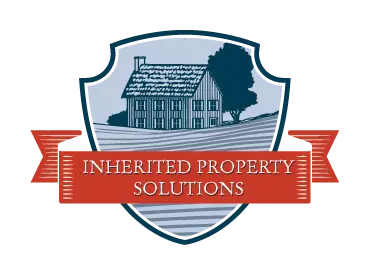Probate is a formal public legal process via which the assets of the individual are distributed following a person’s death, in accordance to their will. The probate process starts with filing the will, petition and death certificate. Usually, the general public has access to these documents. Thus starts a process that involves the filing of a multitude of forms and other notices that are sent to the parties that are interested. It can be a labor-intensive process and potentially quite costly.
If no one protests against it, the court processes the will and appoints the executor (the person charged with the responsibility of carrying out all the terms of the will). The notice of the appointment is rendered to the family members and the persons named in the will. If the person who has passed away does not have a will, the process again becomes quite similar. The notice of the appointment is also published in the local newspaper.
The probate properties include all the assets titled in the individual name of the decedent. Usually the joint property is not considered to be a probate asset nor are the assets that have a beneficiary designation such as annuities, life insurance, retirement accounts, pay on death accounts etc., given the joint owner or beneficiary is alive at the death of the decedent. Otherwise, the asset is probate property.
It is usually the executor who pays for the debts of the decedent and the expenses of the estate and files the final tax returns of the decedent and any other tax returns due for the estate. The process is completed when the remaining probate assets are distributed according to the will and finally the account is filed with the court.
There are several different steps involved in the probate process even if there is just one asset in the whole estate. After the appointment of the executor, all of the interested parties and beneficiaries are given notice of the administration and publication of the appointment that might be made in the local newspaper. The executor will be asked to file an inventory with the court that sets forth the list of assets the person owned when he or she passed away along with the date of the death values. After the publication is made, all potential or known creditors of the estate should be given notice in writing so the creditor claims can be made and subsequently paid by the estate. This includes student loans, car loans, credit card debts, other loans and obligations.
The New Hampshire probate process can be a long and daunting one and one that most people can usually not take care of themselves. To learn more, contact us.






